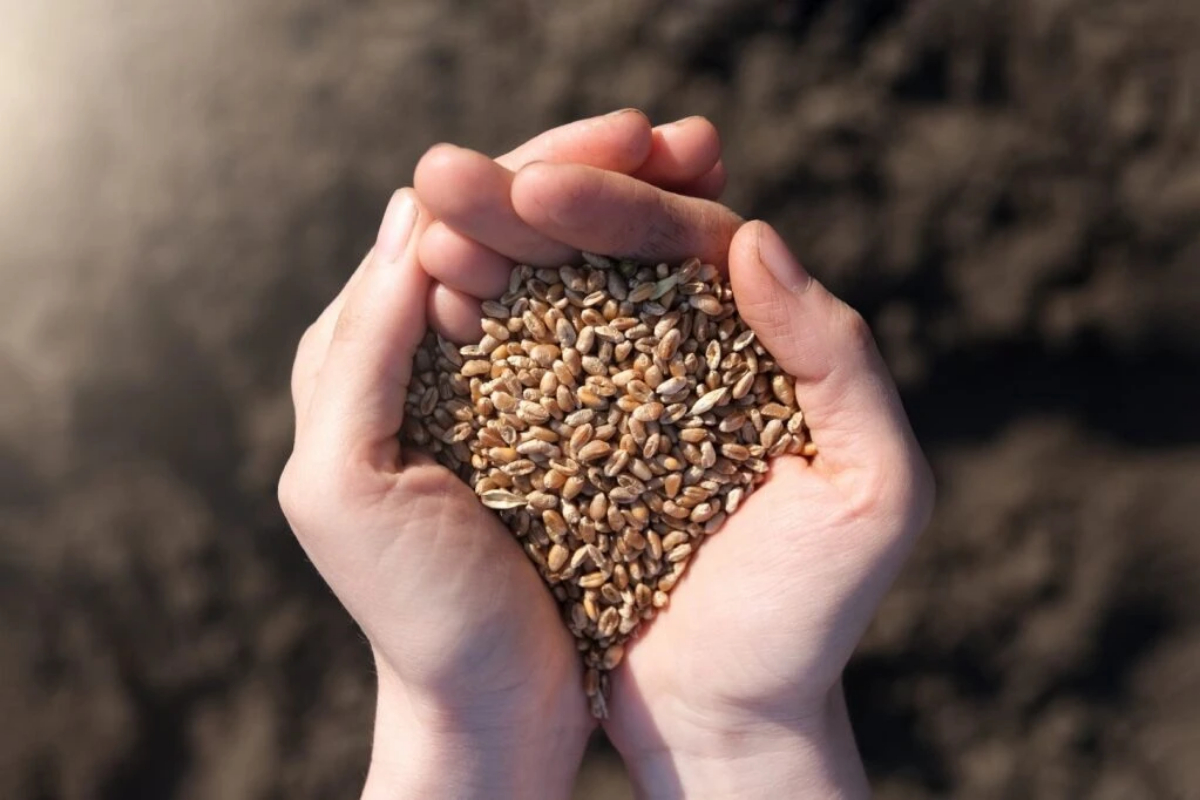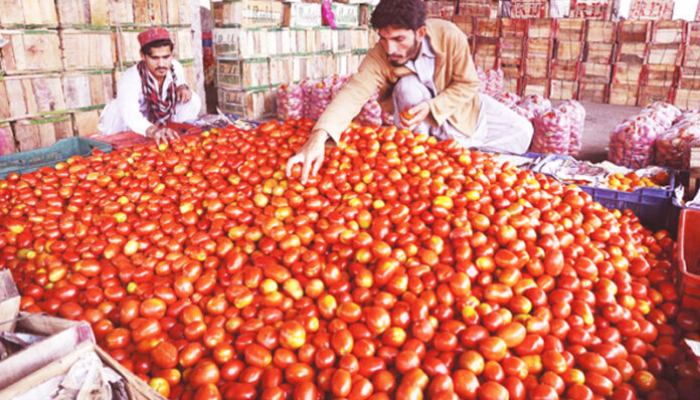KARACHI: The Islamabad Policy Research Institute (IPRI) and the Institute of Regional Studies (IRS), Islamabad, jointly organised a webinar on “Population and Food Security” on Monday, a statement said.
The webinar was participated by the representatives of Sindh, who briefed on the increase in population and the emanating challenges of food insecurity.
The webinar is part of the Grand National Dialogue (GND) series held across the country.
Earlier, similar discussions have been held with experts from Khyber-Pakhtunkhwa, Punjab and Balochistan.
Sindh has a total population of 48 million, of which the urban areas have a population of 25 million, while the rural areas have the population of 23 million. The population growth rate is 2.41 per cent, while the population dynasty (per square kilometres) is 339.
Shoukat Ali Sathio, monitoring and evaluation specialist, said that last year’s floods have badly affected the province. Thousands of hectares of standing crops like rice, onions, tomatoes and other vegetables were destroyed. Besides, more than 6,000 kilometres of roads and bridges have been damaged. These losses have led to an increased inflation, resultantly, the flour price has risen to Rs150/kg.
Dr Shuja Mahesar, director of the Pakistan Study Centre, University of Jamshoro, said that Pakistan is among the top 10 countries, vulnerable to climate stress. To counter the devastating effects of climate change, a multi-sectoral level mechanism needs to be formulated; wherein, the government needs to introduce new laws pertaining to the usage of land for housing purposes. It was underscored that the use of agricultural land for housing should be prohibited.
On account of water depletion, Dr Mahesar said that in 2009, the water level was 1,500 cubic metres and in 2022, it fell to 908 cubic metres.
On Pakistan’s population, he reiterated that efforts should be taken for the empowerment of the people through education and skill development.
On account of the agriculture sector, he opined that concrete steps towards diversification of cultivation need to be undertaken. In this regard, market facilities need to be established for the farmers. Besides, modern agriculture practices need to be introduced.
Dr Mahesar also called upon the provincial-federal coordination to implement the policies at the grassroots level.
Dr Rafique Ahmed Lashari, associate professor and director of the Centre for Pure and Applied Geology, University of Sindh, said that the recent catastrophic floods are an eye-opener for Pakistan.
The government, to protect from such calamities in the future, needs to set up a strategic framework.
He said to develop the monitoring skills, other than empowering the government institutions, the universities should also be included in the monitoring and management procedures.
He also stressed the need for real-time data collection, as a precautionary measure to control or lessen the impact of a calamity.
Lastly, it was underscored that the people need to modify their lifestyle and there should be no wastage of crops, food and water.
[embedpost slug=”webinar-held-on-population-and-food-security/”]





















